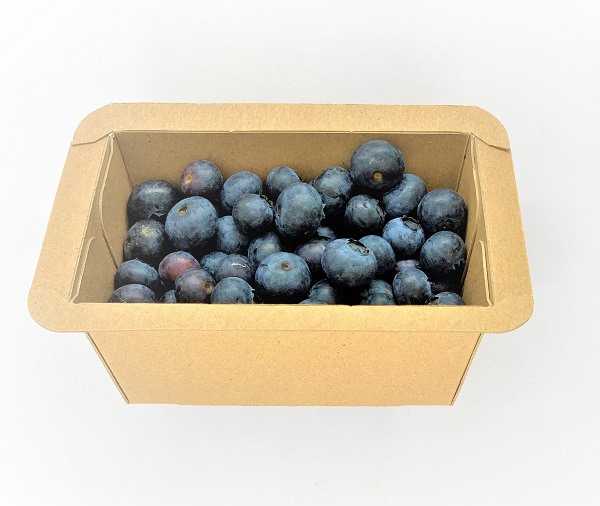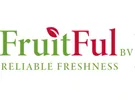The Moroccan blueberry import season is well underway in Europe. Fruitful-Berries is a new, young Dutch company. It's focused on the soft fruit range, particularly Moroccan cultivation. "We want to make the Moroccan market our own. Spain has lagged a bit with innovations and the planting of new varieties," says co-founder and owner Robbert Leisink.

Robbert Leisink, Fruitful-Berries's owner and co-founder
"The Moroccan market, on the other hand, offers many new opportunities and varieties. As a new company, we'd like to link to those new varieties. We're quite Morocco-minded. The growers ask, 'Can you market my product correctly and at a fair price? That's our work's foundation, and so far, it's worked out very well."
The company is now bringing in ever-growing quantities of berries from Morocco. "Their quality is excellent. They're beautiful, sweet, crunchy, and juicy. Sometimes you'll get a box of berries that aren't juicy or firm. That's certainly not the case with these," Robbert says.
Seeking market
He hopes the season will continue until week 22 this year. "That, however, depends on various factors. The weather, for one. It has to be excellent to continue into week 22. This season, again, bad weather has hampered, for example, raspberries. That caused sales to plummet and prices to rise sharply." COVID-19 is another unknown. "The market's still searching and is reluctant to commit to programs. There's a lot of uncertainty. So, everyone's looking at what's best for themselves and growers, from week to week."
 Sustainable cardboard packaging for retailers
Sustainable cardboard packaging for retailers
"The virus has also shifted the company's internal focus a little. We now pay plenty of attention to, for example, transporters. It's a full-time job to keep in good contact with them. Are consignments arriving earlier or later? These are some of the matters we continuously discuss with them. That's so we can always give our customers the correct information," explains Robbert.
Progressive
This young, progressive company is flourishing. "The Moroccan market is growing, and we're naturally keeping up. We must adjust our sales to that in various ways. We're currently mulling over consumer consumption. Could we get people to eat, for instance, more blueberries?"
Leisink doesn't have any concrete answers to this question yet. But he has plenty of ideas. "Supermarkets still have many 125g trays. Scandinavia supermarkets are increasingly carrying 200g trays as the smallest packaging. Provided the quality remains high, it should also be possible here. But shoppers must be willing to pay more."
Taking the lead together
This retail strategy offers other opportunities too. "Supermarkets still use too much plastic packaging. Sustainable cardboard packaging can replace that. But retailers still often say it's too expensive. We believe it's possible to remove more plastic packaging from the retail sector. If we take the lead together, it can be done. I hope there'll be a tipping point. And that, in the future, retailers will be prepared to pay a little more for sustainable packaging. It'll only take one to take the leap, then the others will follow," Robbert concludes.
 Voor meer informatie:
Voor meer informatie:
Robbert Leisink
Fruitful BV
Venrayseweg 106B
5928 RH Venlo
[email protected]
www.fruitfulbv.com










